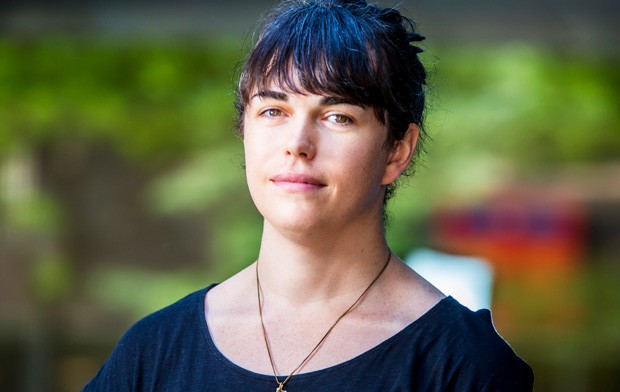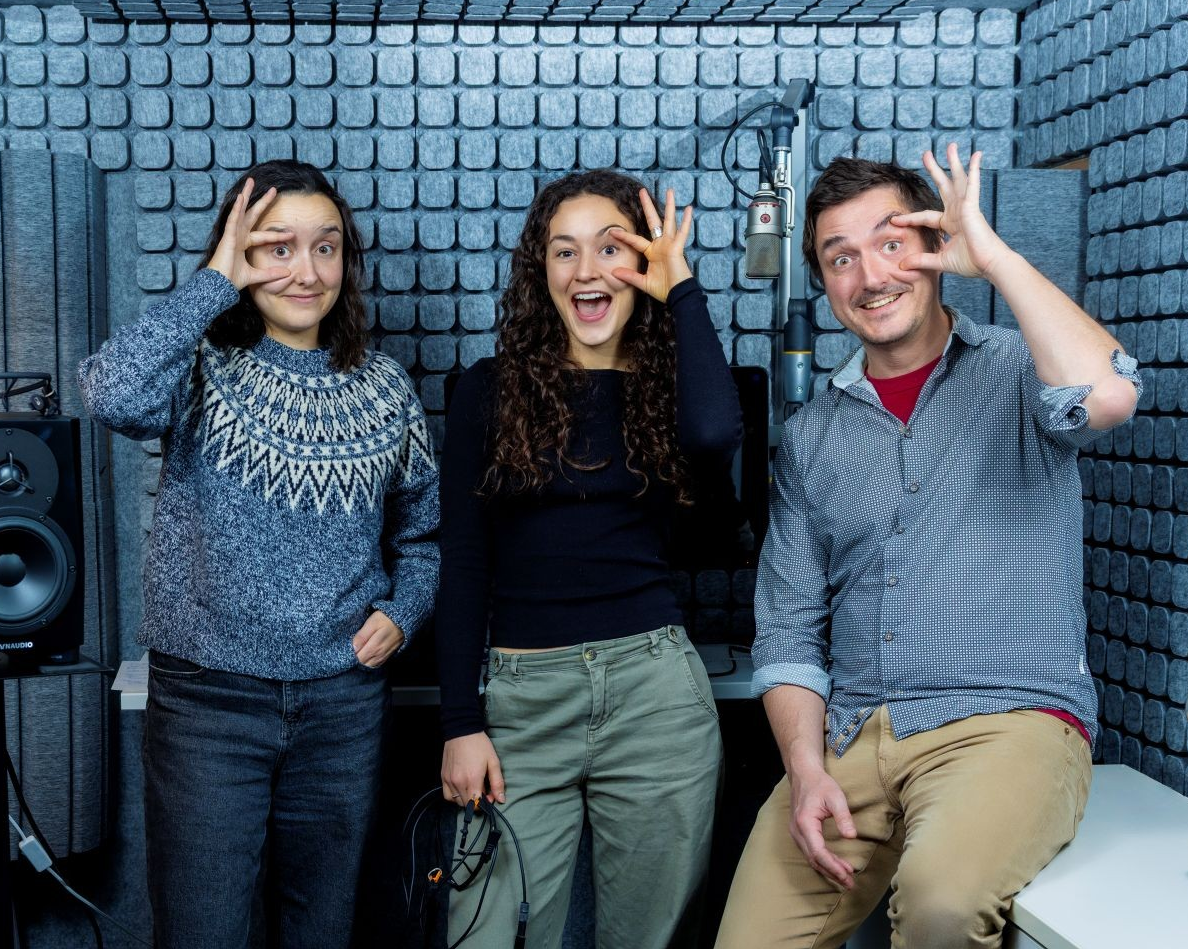'I'm dedicated to developing concrete changes for trans migrant women'

While both refugee and trans issues have garnered recent attention in political arenas and the press, the conversations often take place in isolation.
Nora Butler Burke, a student in Concordia's Humanities Interdisciplinary PhD Program, aims to bring these worlds together through an examination of an often-overlooked and misrepresented community in Canada.
“My research looks at the ways migrant trans women’s lives are impacted — quite negatively — by both immigration and criminal laws in their everyday lives,” Butler Burke explains.
Trans migrant women face exclusions on a daily basis, such as restrictions on the type of work they can do, as well as demands for them to undergo certain kinds of education where they may face further discrimination.
Through her work, the PhD student attempts to reveal how criminality is applied in Canada’s immigration system, particularly toward migrant trans women.
“Punishment can range from strict conditions governing people’s day-to-day lives to detention and deportation.”
Multiple forms of violence and exclusion
Before pursuing her master’s and doctoral studies at Concordia, Butler Burke worked as program coordinator at Action Santé Travesti(e)s et Transsexuel(le)s du Québec (ASTTeQ), a harm reduction organization serving low-income trans people.
She credits her time there for building relationships with communities of trans women most directly affected by harmful immigration and criminal laws.
“It was while I was working at ASTTeQ that I witnessed the complexity of issues women faced and that they weren’t just singular forms of violence or exclusion,” Butler Burke says.
“Multiple institutions were bearing down on them and making their lives very hard to live.”
Viviane Namaste, a professor in Concordia’s Simone de Beauvoir Institute and one of ASSTeQ’s founders, encouraged Butler Burke to consider graduate studies so she could further explore these issues in a different setting.
“I saw in Nora the potential to really make a difference in the lives of marginal women,” recalls Namaste, who’s also the Concordia University Research Chair in HIV/AIDS and Sexual Health.
“Concordia seemed like a good fit for her research because it takes risks that other institutions might not.”
Material solutions for migrant trans women
With recent parliamentary hearings focussing on protections for trans people, Butler Burke believes there is a burgeoning movement for trans rights in Canada.
She hopes her research will shed light on communities whose realities don’t fit into these dominant paradigms for social justice.
“There’s a desperate need for systemic societal transformation. But I’m also really dedicated to developing concrete changes for trans migrant women through my work,” Butler Burke says.
Butler Burke explains that because of the precarity migrant trans women commonly encounter as a result of their criminalization, they face daunting barriers to securing legal status in Canada and to accessing identity documents that accurately reflect their name and gender identity.
This led her to create the Trans Migrant Legal Fund where she works with lawyers to do support work with trans women as they navigate the criminal justice and immigration systems.
“The work that we’re doing is directly responding to the needs identified by migrant trans women," Butler Burke explains.
“That’s a very concrete way for me to transform my research into meaningful action, and to be accountable to the women I’m working with.”
Find out more about Concordia’s Humanities Interdisciplinary PhD Program.




